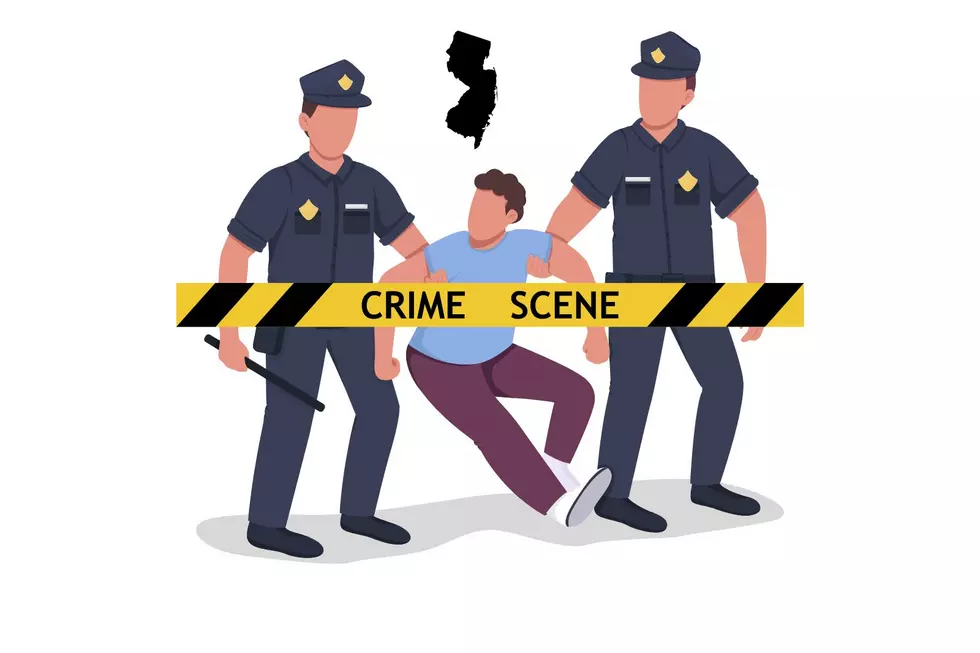
Addiction Red Flags: How to Spot Them and What to Do
We all need ways to unwind and cope with the stresses of life, but sometimes these cross the line and become a problem. But where is that line? What are the red flags that you might be struggling with an addiction? Experts with Hackensack Meridian Health weigh in:
Types of Addiction Warning Signs
“A habit becomes a problem when it begins to impair function—when a person is not fulfilling their obligations and when they are using despite the fact they don’t want to use,” says James Clark Sherer, M.D., an addiction psychiatrist and director of the Addiction Consult Service Center at Jersey Shore University Medical Center. This impaired function begins showing in two ways:
1. Physical signs anyone can see
You might notice:
- Weight loss
- Bags under the eyes from lack of sleep
- Lack of proper hygiene
2. Internal signs that you and those close to you can notice
These could include:
- Spending less time with family
- Lost interest in hobbies
- Becoming secretive
- Mood swings or quick to anger
- Suffering performance at work or school
How to Help Someone With an Addiction
Dr. Sherer provides these three tips if a loved one is struggling with addiction:
- Withhold judgment. “If you think a loved one is suffering from a use disorder, the most important thing, if you choose to approach them, is to do it in a non-judgmental way,” Dr. Sherer says. The person who is struggling is probably already feeling guilty about their use and dealing with stigma, so any help needs to be done in a supportive way. If you approach someone appropriately, you can get more information to understand what is going on.
- Be patient. Your loved one initially may not be receptive to help, but Dr. Sherer recommends planting the seed that help and treatment is readily available. “Over time, they may start to see how their use is impacting those around them and start to consider the treatment options,” Dr. Sherer says.
- Seek immediate help in emergencies. If your loved one is in imminent danger—for example, you suspect an overdose—seek medical attention immediately.
Signs of Addiction Relapse
The signs of relapse are different and slower than initial warning signs. Relapse occurs in a three-stage process:
Stage 1: Emotional Relapse
The person relapsing will isolate themselves and begin bottling up emotions.
Stage 2: Mental Relapse
The person will start expressing cravings. They will start to be around people, places and things that they associate with use.
Stage 3: Physical Relapse
The person will actually begin to use again.
It can be difficult to watch a loved one struggle with an addiction, and it’s important to remember to be supportive. But Dr. Sherer emphasizes: “At the end of the day, it’s the patient who has to make the decision that they are going to accept the treatment.”
Next Steps & Resources:
- Meet our source: James Clark Sherer, M.D.
- To make an appointment with a behavioral health specialist near you, call 800-822-8905 or visit Hackensack Meridian Health's website today.
Other resources from Hackensack Meridian Health:
Pop Culture RX: Keeping Your Mental Health In Check
What Are The Early Warning Signs of Cervical Cancer?
The Doctor Appointments Women Should Make Every Year
Recipe: Crispy Tofu Tacos with Fermented Peanut Chile Sauce and Pickled Slaw
These 9 Things Can Increase Your Risk of Stroke in Your 40s
The material provided through HealthU is intended to be used as general information only and should not replace the advice of your physician. Always consult your physician for individual care.





